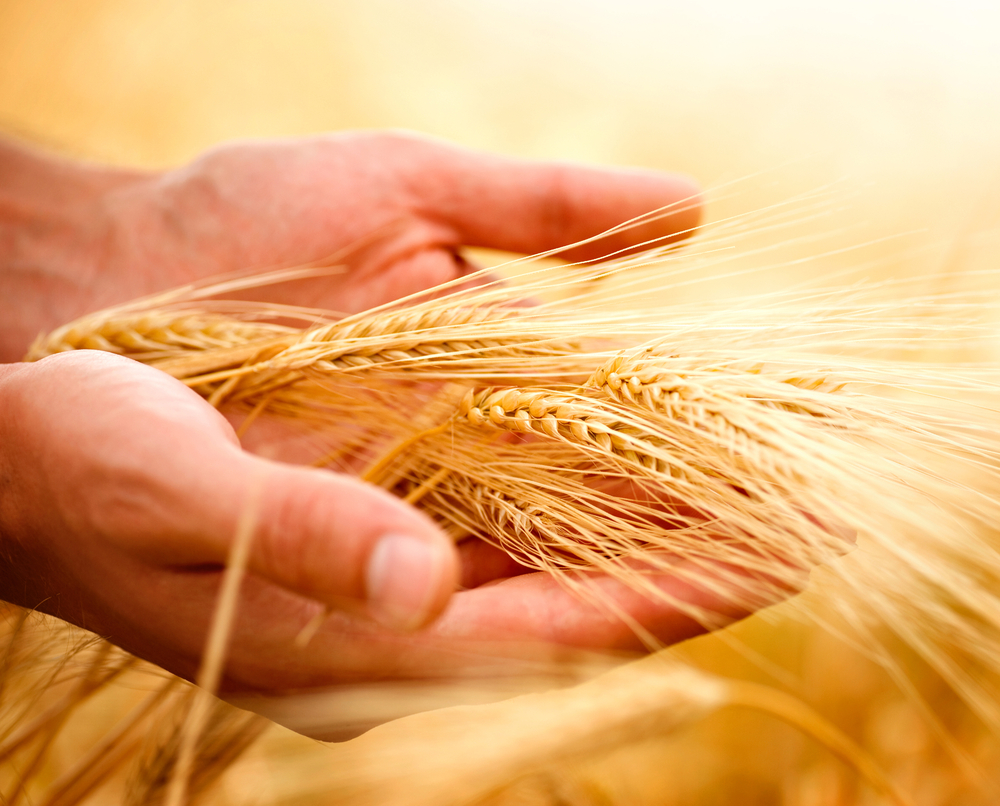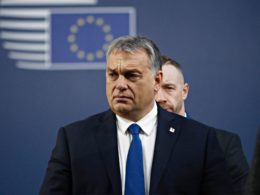Three EU member states are maintaining unilateral import bans on Ukrainian agricultural products despite a new trade agreement designed to resolve the dispute, prompting the European Commission to warn that "all options are on the table" for enforcement action.
Poland, Hungary and Slovakia have refused to lift restrictions on Ukrainian grain and other farm products, even as a revised EU-Ukraine trade deal came into force this week. The national bans violate single market rules that prohibit member states from erecting trade barriers independently.
"We see no justification for maintaining these national measures," Commission Deputy Spokesperson Olof Gill said, one day after the updated agreement took effect.
The standoff highlights the political sensitivity of EU trade relations with Kyiv, with the three capitals effectively challenging Brussels to choose between enforcing the pact and maintaining unity with member states.
Poland's agriculture ministry told POLITICO earlier this week that government restrictions "do not automatically lift" under the new EU deal and remain in force. Hungary's Agriculture Minister István Nagy said Budapest will maintain national-level protections, accusing Brussels of "prioritizing Ukrainian interests." Slovak Agriculture Minister Richard Takáč called the new deal's safeguards "not strong enough" to protect local producers.
When pressed on whether the Commission had ruled out launching infringement proceedings against the countries, Gill replied: "All options are on the table." In an email, he said the EU executive would "intensify its contact" with the three capitals.
Brussels has avoided taking legal action since the bans were introduced in 2023, hoping the revised trade agreement would render them unnecessary. Officials familiar with the talks say political calculations are influencing the Commission's restraint. Court action against Poland could damage relations with Donald Tusk's pro-EU government, while targeting only Hungary and Slovakia would create the appearance of double standards.
The updated agreement, approved by EU countries on 13 Oct., replaces temporary trade liberalization introduced after Russia's 2022 invasion. It provides a framework for Ukrainian exports while adding safeguards for European farmers.





